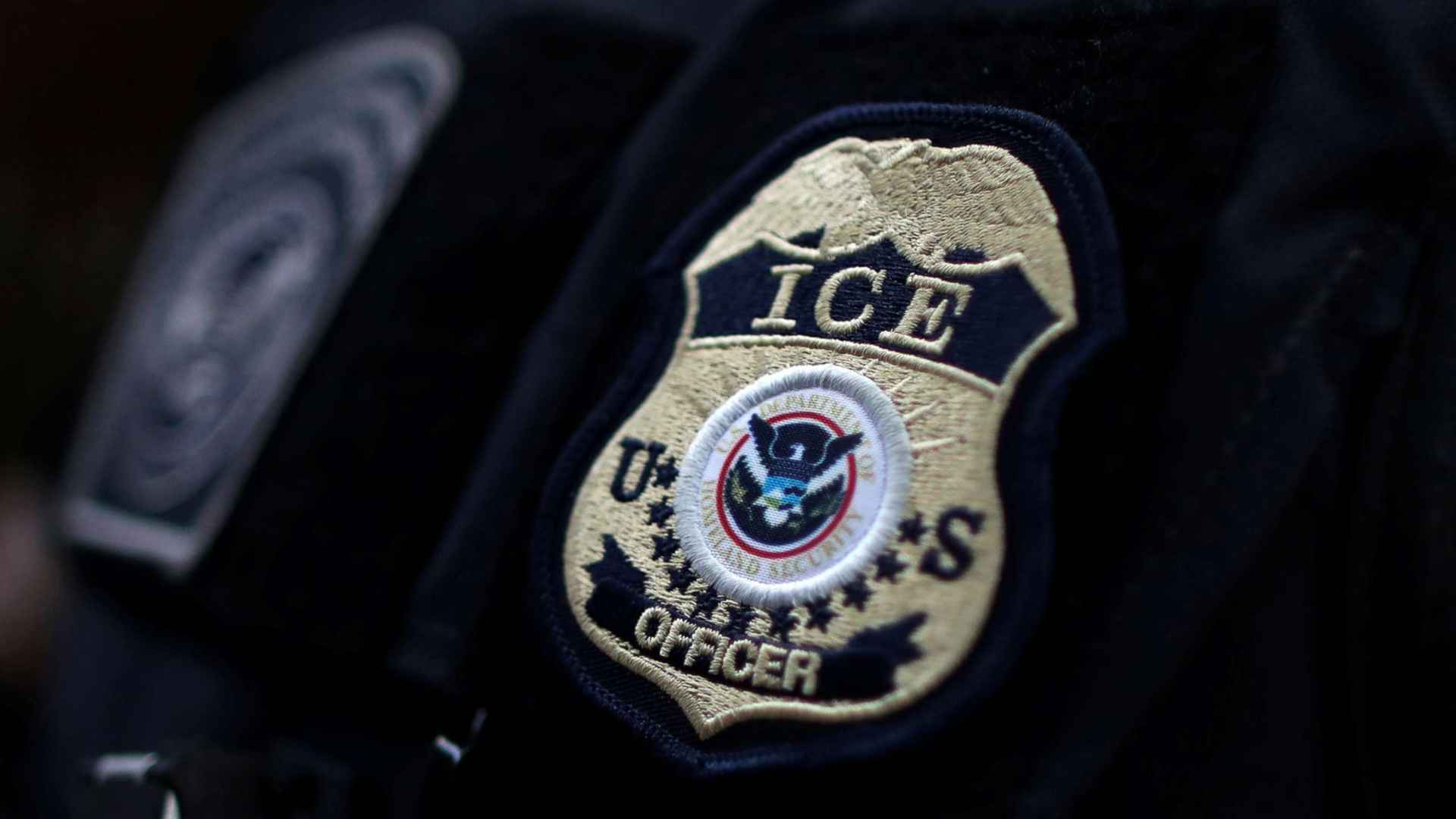The Department of Homeland Security (DHS) is opening its wallet to staff up United States Immigration and Customs Enforcement (ICE), rolling out pay boosts and fresh incentives as it looks to add 10,000 agents in the next four years.
The move follows a reconciliation bill championed by former President Donald Trump that nearly triples ICE’s annual budget to about $30 million. For would‑be recruits—and the veteran officers who keep the wheels turning—the financial sweeteners could be hard to ignore.
What new bonuses mean for current and future ICE recruits across immigration enforcement
Existing ICE agents, along with colleagues at U.S. Customs and Border Protection, will receive a $10,000 retention bonus every year for the next four years. New hires can expect signing bonuses modeled on those recently offered to Border Patrol officers. Additional performance pay and two‑year commitment incentives are also tucked into the bill, signaling DHS’s intent to keep talent from drifting to other agencies.
Wondering whether the extra cash will stick around? DHS officials say the bonuses are guaranteed for the life of the current funding bill, giving both rookies and veterans a clearer financial runway.
Where salaries stand now and how location and overtime continue to boost pay
ICE is advertising openings for Deportation Officers in Phoenix, Los Angeles, San Diego and San Francisco. Base salaries start at $49,739 and top out at $89,528 before overtime and locality adjustments kick in.
| Position (GS level) | Base salary range | Potential add‑ons* |
|---|---|---|
| Deportation Officer | $49,739 – $89,528 | Overtime, night differential, locality pay |
*Overtime availability and locality percentages vary by duty station.
Could that paycheck climb even higher? Absolutely. Agents in high‑cost cities routinely see their gross pay jump once locality rates and extra hours are factored in, sometimes by tens of thousands of dollars a year. Competitive pay is only part of the picture. ICE agents also enjoy:
- Health, dental, vision and life insurance comparable to other federal employees
- Thrift Savings Plan and defined retirement benefits
- 13–26 days of annual leave plus paid federal holidays
- Long‑term care insurance, flexible spending accounts and generous sick leave
For many recruits, these benefits—combined with a clearer promotion path within a rapidly expanding agency—help tip the scales when choosing between federal law‑enforcement careers.
What happens next and why public scrutiny is likely to intensify
DHS‑sponsored job fairs will continue through the summer, with officials aiming to meet the one‑million‑deportations‑per‑year target set by the Trump administration. Yet as ICE becomes the highest‑funded federal law‑enforcement body, watchdog groups and lawmakers promise closer oversight of its expanded operations.

